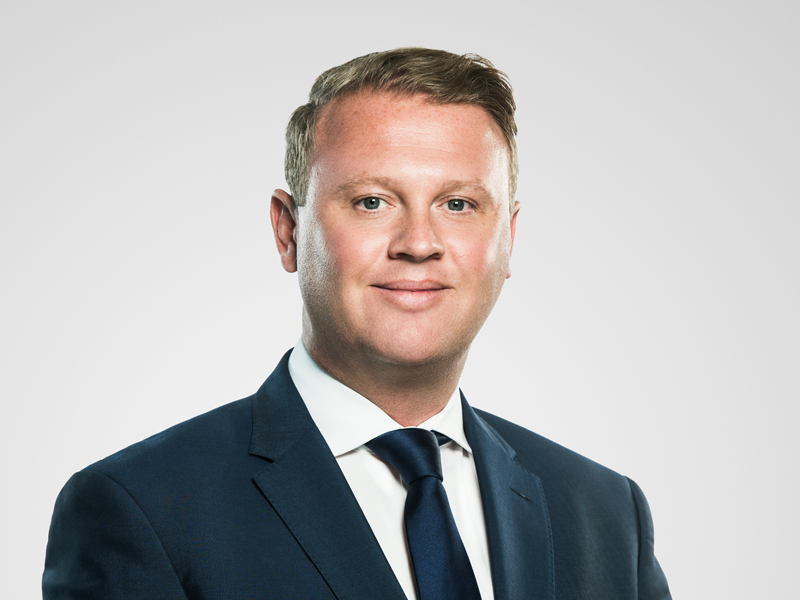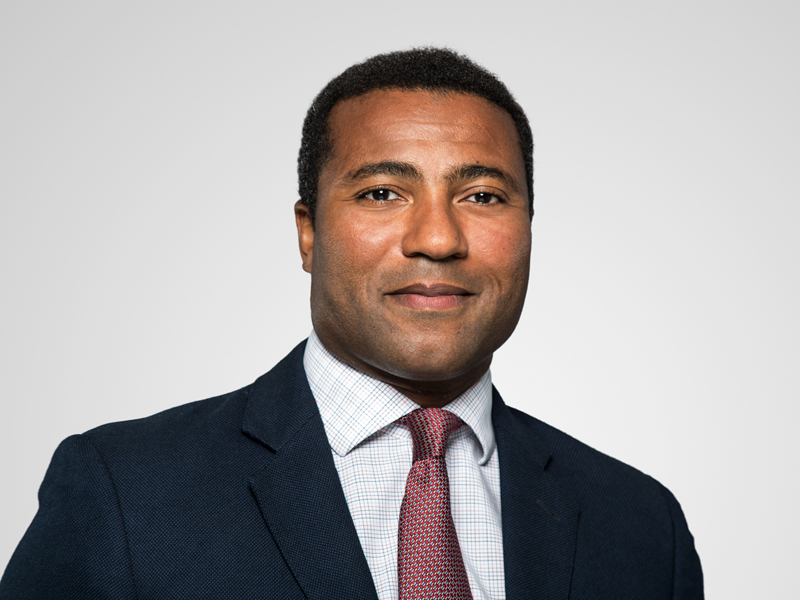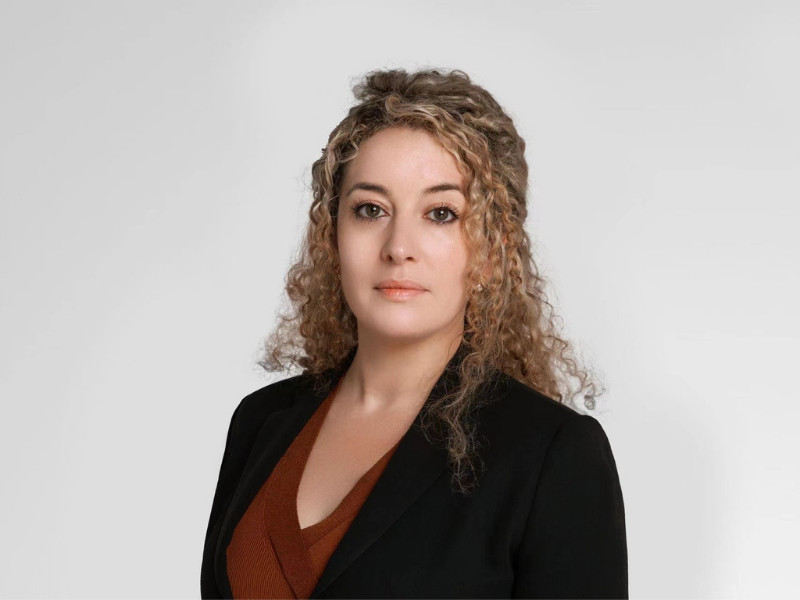Overriding legal professional privilege - The iniquity exception

A decision of the English High Court released earlier this month deals with the important issue which arises when instructions and communications between a lawyer and their client are not protected by legal professional privilege if the lawyer is instructed for the purpose of furthering or concealing a crime, fraud or other iniquity, whether or not the lawyer is aware of the wrongful purpose – the so-called "iniquity exception".
In Addlesee v Dentons Europe Ltd, Tsai & Others, the claimant sought disclosure from the solicitors firm Dentons of material relating to a former client of theirs, which would otherwise be protected by legal professional privilege, relying on the iniquity exception.
Legal professional privilege acts as an exception to the general disclosure and inspection rule. It has two parts - legal advice privilege and litigation privilege.
In Addlesee, Master Clark analysed the numerous English authorities. He noted the differing approaches to the standard of proof required to engage the exception, finding that a strong prima facie case must be made out.
Other key principles which were reaffirmed included:
- Instructions given for a criminal or fraudulent purpose fall outside the ordinary scope of a lawyer/client relationship, and are an abuse of that relationship;
- The fraud exception applies whether or not the solicitor is aware of the wrongful purpose; and
- The fraud exception applies where the client is unaware of the wrongful purpose, if the client is being used as an unwitting tool or mechanism by a third party to further that third party’s fraud.
The decision is an important one in the area of privilege for both onshore and offshore practitioners.





